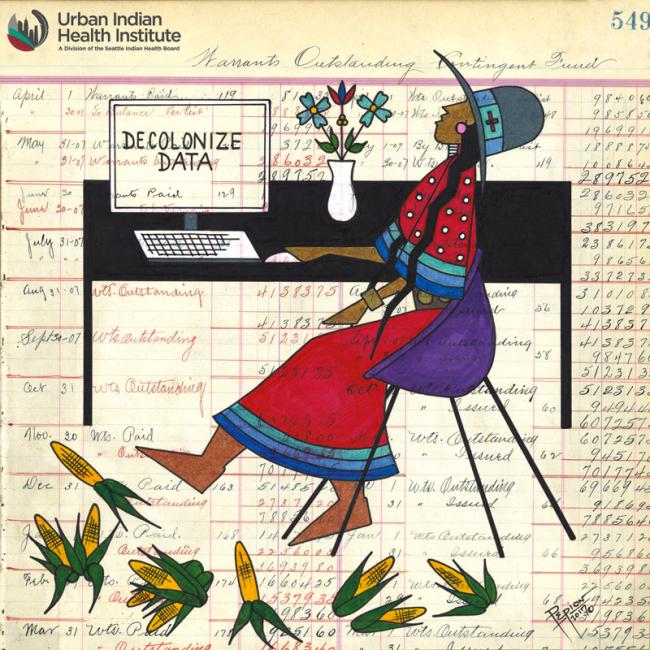Project Summary
The project team is developing and testing a national survey of strengths based behavioral health questions and measures with urban American Indian and Alaska Native (AI/AN) populations to create a community-informed statistical weighting methodology to be utilized with the Behavioral Risk Factor Surveillance System (BRFSS). The BRFSS has long been a cornerstone of health data collection across the United States (U.S.), but it remains glaringly insufficient in capturing the health practices, social determinants of health, and historical trauma of urban and rural AI/AN communities. To address this gap, the team aims to achieve health equity for AI/AN communities and honor ancestors and empower descendants, ensuring that the data tells the truth of vitality and enduring resilience.
Research Questions/Aims
- How can culturally based measures of behavioral health be developed and integrated with BRFSS to accurately reflect the cultural and strength-based health dynamics and protective factors of urban AI/AN?
- What statistical and community engagement strategies are most effective in developing a weighting methodology of these newly developed and tested measures?
Actionability
- Inform policy and practice to ensure that AI/AN health data influences health programming and policy effectively; and
- Share and offer training on Indigenous-grounded data systems and methodologies with Indigenous organizations, academic institutions, and government entities.
Outcomes
Health: Protective factors that enhance resilience against health adversities such as community support, family interactions, and participation in cultural or religious practices that bolster behavioral health
Other: Cultural strengths such as ceremonies, storytelling, traditional arts, and other cultural activities that contribute to individual and community identity, support, and belonging.
Methodology
The project team is measuring cultural strengths and protective factors among urban AI/AN populations using a community-based participatory research (CBPR) approach. The team will deploy a national urban Indian BRFSS survey involving 2,000 participants from 41 Urban Indian Organizations across 117 counties in 22 states. This initiative is designed to gather baseline data on the new measures to verify initial reliability and set the stage for comprehensive analysis. The selection of BRFSS modules will be guided by feedback from Urban Indian Organization directors, aiming to tailor this national endeavor to reflect the unique needs and insights of the urban Indian communities. Upon achieving the proposed sample, the team will conduct focus groups and key informant interviews regarding the aggregate findings of the BRFSS modules and new measures. These focus groups and key informant interviews will be used to analyze the survey findings to refine the questions and interpret the data within cultural contexts to ensure that the survey findings and interpretations are validated by the community for accuracy and cultural appropriateness.

Seattle Indian Health Board
Urban Indian Health Institute